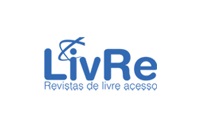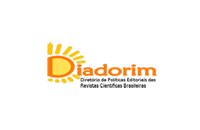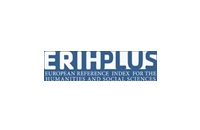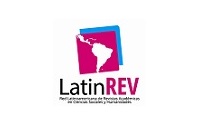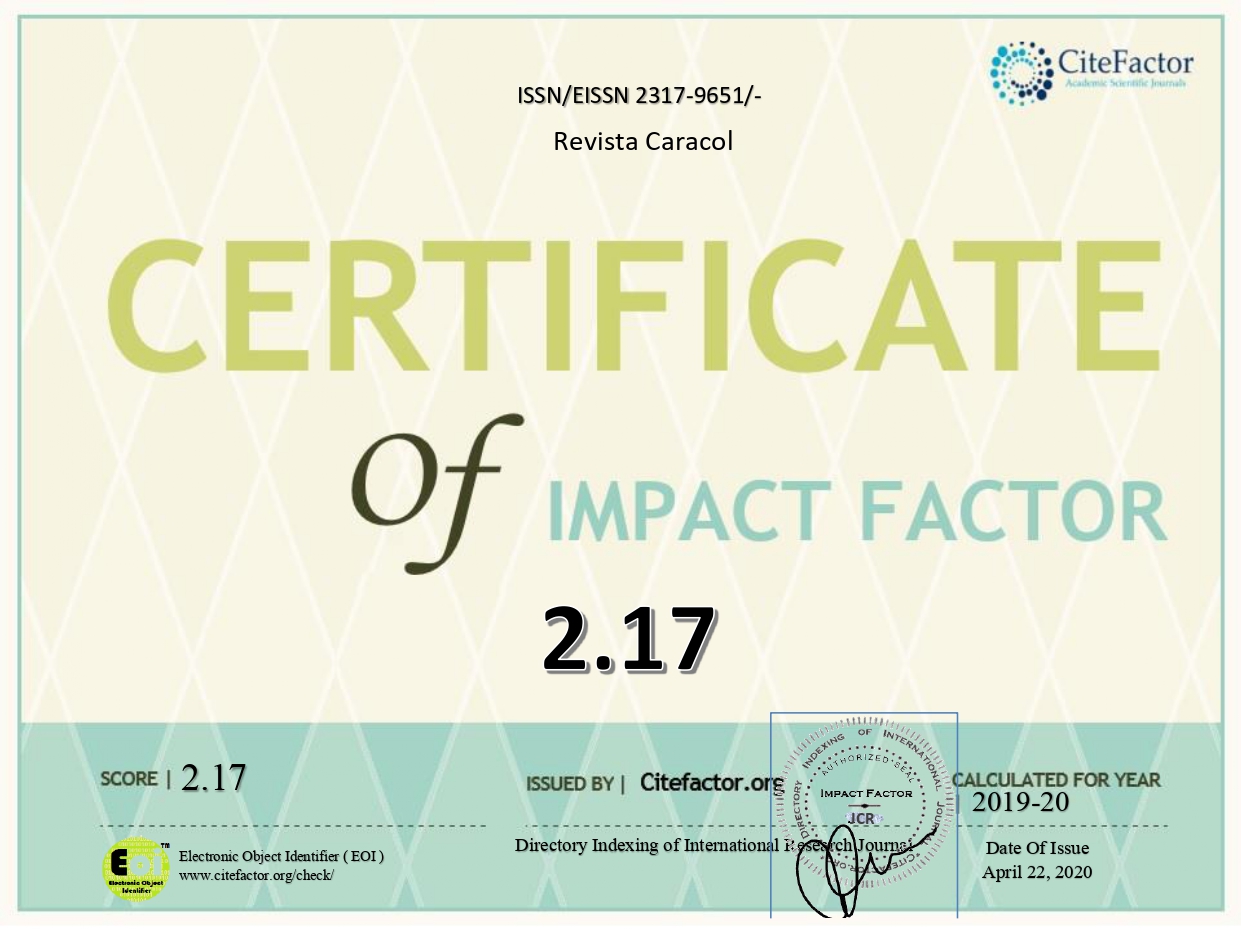Sobre a Revista
Foco e Escopo
CARACOL é uma publicação semestral da Área de Língua Espanhola e Literaturas Espanhola e Hispano Americana do Departamento de Letras Modernas da Faculdade de Filosofia, Letras e Ciências Humanas da Universidade de São Paulo.
Tem por objetivo publicar colaborações inéditas em espanhol ou português, resenhas e eventualmente textos raros que sejam de interesse para o debate acadêmico dentro das quatro disciplinas da Área: Literatura Espanhola, Literatura Hispano-Americana, Língua Espanhola e Tradução.
Propõe-se a estabelecer vínculos com pesquisadores de instituições nacionais e estrangeiras, buscando também a divulgação do trabalho acadêmico para um público mais amplo. A publicação conta com o respaldo de um Conselho Editorial integrado por autoridades de reconhecimento acadêmico internacional.
Conta ademais com o apoio financeiro do Programa de Pós-Graduação da Área de Língua Espanhola e Literaturas Espanhola e Hispano-Americana e foi publicada em duplo formato, impresso e digital, até o número 7. A partir deste passou a ser exclusivamente digital.
Qualis Capes A4
***
Esta publicação não cobra quaisquer taxas para submissão e processamentos dos artigos, resenhas e entrevistas.
Processo de Avaliação pelos Pares
Os artigos serão enviados a um parecerista ad hoc , em processo de avaliação duplo cega. Os pareceristas são externos ao Comitê Editorial da revista.
Os autores serão prontamente notificados acerca do recebimento de seus trabalhos. Uma vez encerrado o período de submissão de artigos, o Comitê Editorial tem o prazo de até quatro meses para informar se os trabalhos foram aceitos ou não para publicação.
Política Anti-plágio
Informamos aos autores que esta revista atua em conformidade com as diretrizes do COPE (Committee on Publication Ethics). Para mais informações: http://publicationethics.org/resources/code-conduct
Ferramenta anti-plágio iThenticate Crossref Similarity Check
Os textos submetidos à revista Caracol são todos examinados através da ferramenta iThenticate Crossref Similarity Check. Qualquer irregularidade detectada será informada aos autores e o texto estará sujeito a exclusão a critério do comitê editorial.
Sobre o uso de Inteligência Artificial
O uso de ferramentas de inteligência artificial (IA), como ChatGPT ou Large Language Models, em publicações de pesquisa está se expandindo rapidamente. A revista Caracol apoia de maneira incondicional o comunicado da COPE, em conjunto com organizações, como WAME e JAMA Network, entre outras, para afirmar que as ferramentas de IA não podem ser listadas como autores de um artigo.
As ferramentas de IA não podem atender aos requisitos de autoria, pois não podem assumir a responsabilidade pelo trabalho submetido. Como entidades não jurídicas, não podem afirmar a presença ou ausência de conflitos de interesses nem gerir direitos de autor e contratos de licença. Autores que utilizam ferramentas de IA na redação de um manuscrito, produção de imagens ou elementos gráficos do artigo, ou na coleta e análise de dados, devem ser transparentes ao divulgar nos Materiais e Métodos (ou seção similar) do artigo como a ferramenta de IA foi usada e qual ferramenta foi usada. Os autores são totalmente responsáveis pelo conteúdo do seu manuscrito, mesmo pelas partes produzidas por uma ferramenta de IA, e são, portanto, responsáveis por qualquer violação da ética de publicação.
Peridiocidade
CARACOL é uma publicação semestral da Área de Língua Espanhola e Literaturas Espanhola e Hispano-Americana do Departamento de Letras Modernas da Faculdade de Filosofia, Letras e Ciências Humanas da Universidade de São Paulo.
Política de Acesso Livre
Esta revista oferece acesso livre imediato ao seu conteúdo, seguindo o princípio de que disponibilizar gratuitamente o conhecimento científico ao público proporciona maior democratização mundial do conhecimento.
Números da publicação
| ANO | EDIÇÃO | Número de itens (artigos, resenhas, entrevistas) por edição | Número de itens (artigos, resenhas, entrevistas) por ano |
| 2010 | n. 1: Dossiê Tradução | 13 | 13 |
| 2011 | n. 2: Dossiê Século XIX | 17 | 17 |
| 2012 | n. 3: Dossiê Literatura de viagens | 13 | 22 |
| n. 4: Dossiê Estudos comparados | 9 | ||
| 2013 | n. 5: Dossiê Poesia hispano-americana | 22 | 38 |
| n. 6: Dossiê "Novelas Ejemplares" | 16 | ||
| 2014 | n. 7: Dossiê Exílio | 19 | 31 |
| n. 8: Dossiê Música e linguagens | 12 | ||
| 2015 | n. 9: Dossiê Estudos andinos | 16 | 34 |
| n. 10: Dossiê Discursos biográficos e autobiográficos no âmbito das literaturas espanhola e hispano-americana | 18 | ||
| 2016 | n. 11: Dossiê 80 anos da Guerra Civil Espanhola: leituras e releituras | 19 | 31 |
| n. 12: Dossiê Trauma, memória e teatro | 12 | ||
| 2017 | n. 13: Dossiê Tecnologias da informação e da comunicação de língua espanhola e na formação de professores de espanhol | 18 | 35 |
| n.14 : Dossiê Ensino e aprendizagem da tradução no par linguístico português-espanhol | 17 |
||
| 2018 | n. 15: Dossiê Romance gráfico | 19 | 37 |
| n. 16: Dossiê A Reforma Universitária de 1918 | 18 | ||
| 2019 | n.17: Dossiê Escrituras Intereferidas | 25 | 25 |
Sponsors
Coordenação de Aperfeiçoamento de Pessoal do Ensino Superior (CAPES)
Universidade de São Paulo (USP)
Área de Língua Espanhola e Literaturas Espanhola e Hispano-Americana do Departamento de Letras Modernas da Faculdade de Filosofia, Letras e Ciências Humanas da Universidade de São Paulo
Histórico do periódico
Caracol foi publicada em formato impresso e eletrônico dos números 1 ao 7. A partir deste, passou a ser exclusivamente eletrônica.
Desde sua criação, em 2010, Caracol conta com o respaldo de um Conselho Editorial integrado pelas seguintes autoridades de reconhecimento acadêmico internacional:
Agustín Redondo (Université de la Sorbonne Nouvelle)
Ana Pizarro (Universidad Diego Portales)
Anthony Pym (Universitat Rovira i Virgili)
Antonio Briz (Universidad de Valencia)
Aurelio González (Colegio de México)
Aurora Egido (Universidad de Zaragoza)
Danielle Zaslavsky (Colegio de México)
Davi Arrigucci (Universidade de São Paulo)
Elvira Arnoux (Universidad de Buenos Aires)
Graciela Montaldo (Columbia University)
Inés Fernández Ordoñez (Universidad Complutense de Madrid)
Jorge Schwartz (Universidade de São Paulo)
Juana Liceras (University of Otawa)
María de la Concepción Piñero Valverde (Universidade de São Paulo)
Marta Baralo (Universidad Antonio de Nebrija)
Marta Luján (University of Texas)
Melchora Romanos (Universidad de Buenos Aires)
Neide Therezinha Maia González (Universidade de São Paulo)
Nora Catelli (Universidad de Barcelona)
Oscar Díaz Fouces (Universidad De Vigo)
Raúl Antelo (Universidade Federal de Santa Catarina)
Roberto Bein (Universidad de Buenos Aires)
Rolena Adorno (Yale University)
Silvana Serrani Infante (Universidade de Campinas)
Stella Tagnin (Universidade de São Paulo)
Valquiria Wey (Universidad Nacional Autónoma de México)






